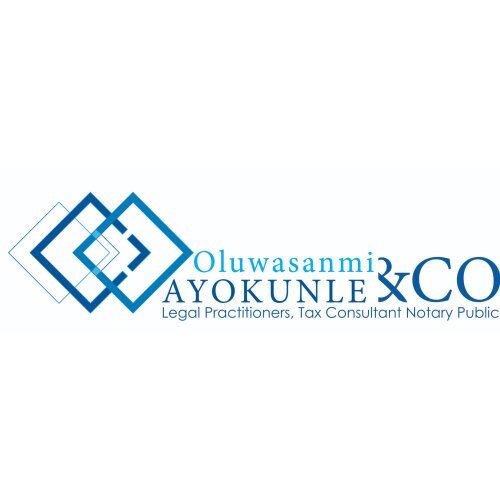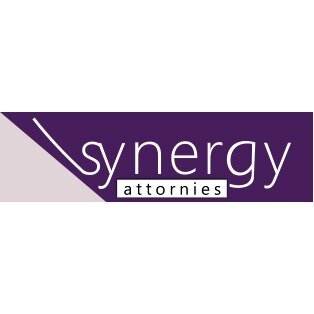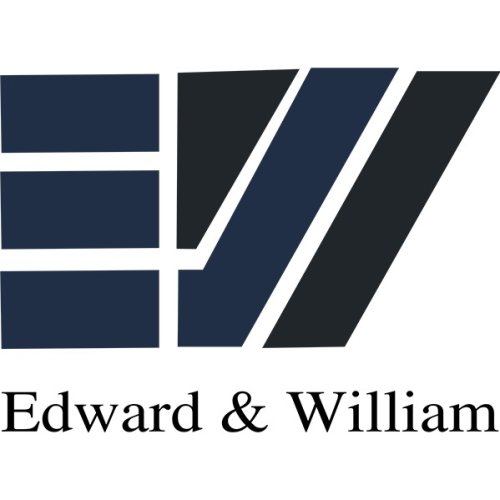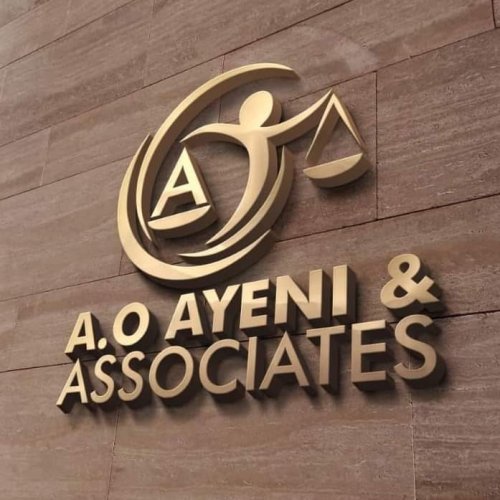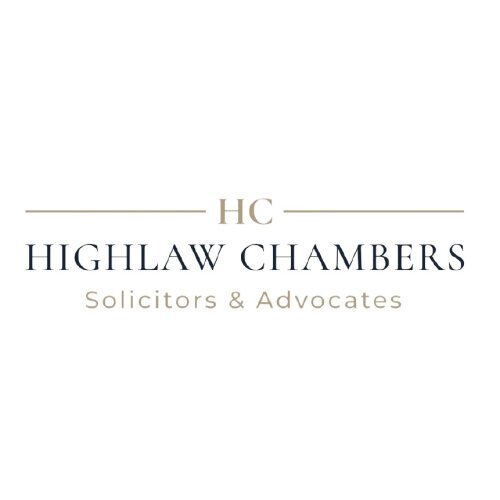About Employment Rights Law in Nigeria
Employment rights in Nigeria are governed primarily by the Labour Act, which outlines the fundamental rights and responsibilities of both employees and employers. These laws are designed to ensure fair treatment in the workplace, covering areas such as employment contracts, wages, working conditions, and dispute resolution mechanisms. Employment rights aim to prevent discrimination, ensure safe work environments, and promote overall job satisfaction. Specific rights include the right to a safe workplace, protection against wrongful termination, fair pay, leave entitlements, and more.
Why You May Need a Lawyer
There are several situations where you might need legal assistance regarding employment rights in Nigeria:
- Unfair Dismissal: If you believe you have been unlawfully dismissed from your job, a lawyer can help you understand your rights and seek appropriate remedies.
- Discrimination or Harassment: If you are being discriminated against or harassed at work based on gender, race, religion, or other factors, legal guidance can aid in resolving these issues.
- Contract Disputes: Employment contracts can be complex. Legal help can ensure you understand any agreement before signing and assist in resolving any disputes that arise.
- Wage Issues: If there are disputes over wages or benefits, a lawyer can help mediate these conflicts or pursue legal action if necessary.
- Health and Safety Violations: Lawyers can help address any workplace conditions that do not meet the required safety standards in accordance with Nigerian laws.
Local Laws Overview
The Nigerian Labour Act is the primary legislation governing employment relations in the private sector, dealing with essential elements like employment terms and conditions, welfare, and the duties of employers and employees. Key aspects include:
- Employment Contracts: The Act mandates a written contract for certain categories of workers, detailing wage scale, conditions of work, and other entitlements.
- Minimum Wage: Legislation outlines the minimum wage that employers must pay, recently updated to ensure fair compensation for workers.
- Health and Safety: Companies must adhere to health and safety standards to protect employees from occupational hazards.
- Termination of Employment: Laws detail fair termination processes, including required notice periods and conditions under which compensation is due.
- Work Hours and Leave: Regulations on working hours and leave entitlements, such as annual leave, sick leave, and maternity leave, are well defined.
Frequently Asked Questions
What is the minimum wage in Nigeria?
The current national minimum wage in Nigeria is set by federal law and is periodically reviewed to reflect economic realities.
Am I entitled to overtime pay?
Yes, employees are entitled to overtime pay as stipulated by the terms of their employment contract and relevant provisions of the Labour Act.
How much notice is required before termination?
The required notice period before termination depends on various factors including the duration of your employment, as stipulated in your employment contract or company policy.
Can I be dismissed without a reason?
No, arbitrary dismissal is against employment laws, and reasons must be provided. Legal recourse is available if dismissed without just cause.
What rights do I have against workplace discrimination?
Employees have the right to work in an environment free from discrimination based on race, gender, religion, or other protected characteristics.
How is maternity leave regulated?
Maternity leave is granted under the Labour Act, providing a certain number of weeks with guaranteed pay and job security during this period.
What should I do if I experience harassment at work?
Report the harassment to your HR department or management. If unresolved, legal action may be needed, in which case, consulting a lawyer is advisable.
Do I have to work on public holidays?
Employers can require work on public holidays but must compensate employees with additional pay or time off, as per company policy or agreement.
What entitlements exist for workplace injuries?
Employees injured at work are entitled to compensation for medical expenses and lost wages, governed by relevant laws like the Employees’ Compensation Act.
Is a pension mandatory for all employees?
Yes, under the Pension Reform Act, employers are mandated to contribute to a pension scheme on behalf of their employees.
Additional Resources
If you're seeking more information or aid on employment rights in Nigeria, consider reaching out to the following resources:
- Ministry of Labour and Employment: Offers guidance and enforces employment standards.
- National Industrial Court: Resolves disputes related to employment rights.
- Legal Aid Council of Nigeria: Provides legal assistance to those unable to afford it.
- Nigeria Labour Congress: Advocates for workers' rights and welfare.
Next Steps
If you need legal assistance with employment rights, follow these steps:
- Identify the Issue: Clearly document the circumstances of your situation including any relevant contracts, communications, and incidents.
- Consult a Lawyer: Seek advice from a lawyer specializing in employment law to discuss your options and potential outcomes.
- Gather Evidence: Collect all documentation and evidence related to your case to support your claims.
- Take Action: Follow your lawyer’s advice on how to proceed, whether through mediation, arbitration, or court proceedings.
- Stay Informed: Keep abreast of your rights and responsibilities under Nigerian law to prevent future issues.
Lawzana helps you find the best lawyers and law firms in Nigeria through a curated and pre-screened list of qualified legal professionals. Our platform offers rankings and detailed profiles of attorneys and law firms, allowing you to compare based on practice areas, including Employment Rights, experience, and client feedback.
Each profile includes a description of the firm's areas of practice, client reviews, team members and partners, year of establishment, spoken languages, office locations, contact information, social media presence, and any published articles or resources. Most firms on our platform speak English and are experienced in both local and international legal matters.
Get a quote from top-rated law firms in Nigeria — quickly, securely, and without unnecessary hassle.
Disclaimer:
The information provided on this page is for general informational purposes only and does not constitute legal advice. While we strive to ensure the accuracy and relevance of the content, legal information may change over time, and interpretations of the law can vary. You should always consult with a qualified legal professional for advice specific to your situation.
We disclaim all liability for actions taken or not taken based on the content of this page. If you believe any information is incorrect or outdated, please contact us, and we will review and update it where appropriate.





